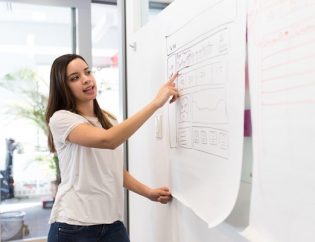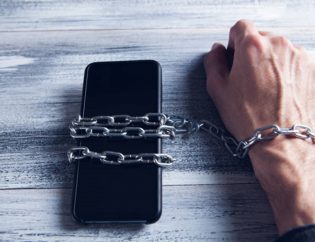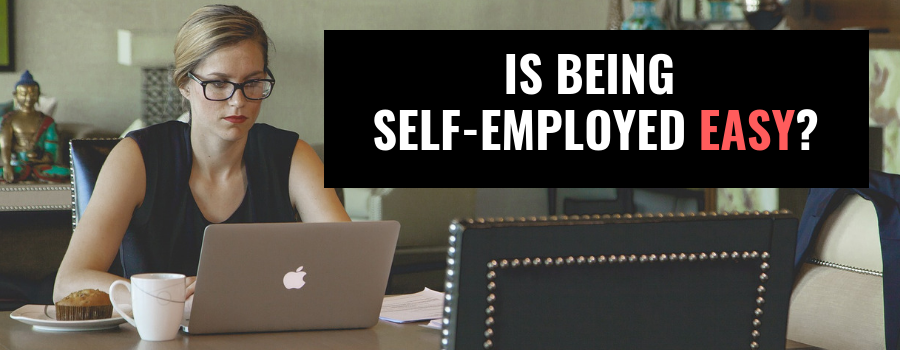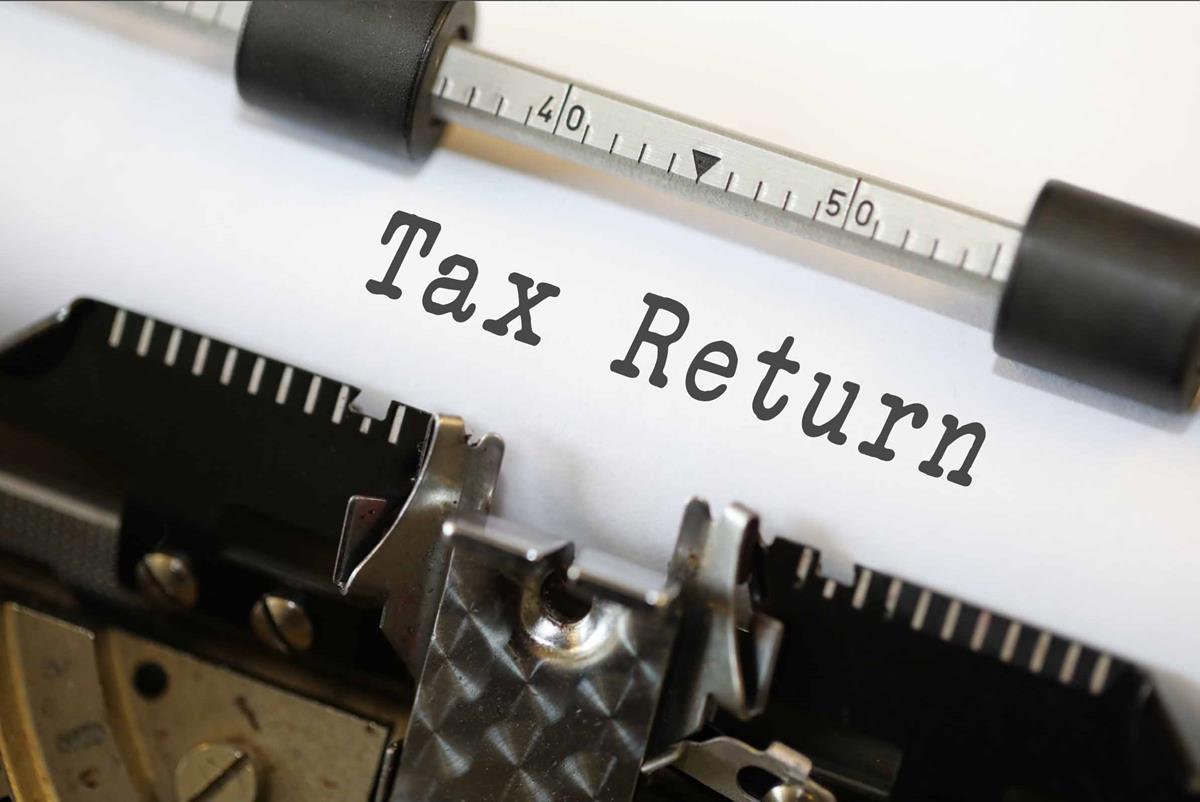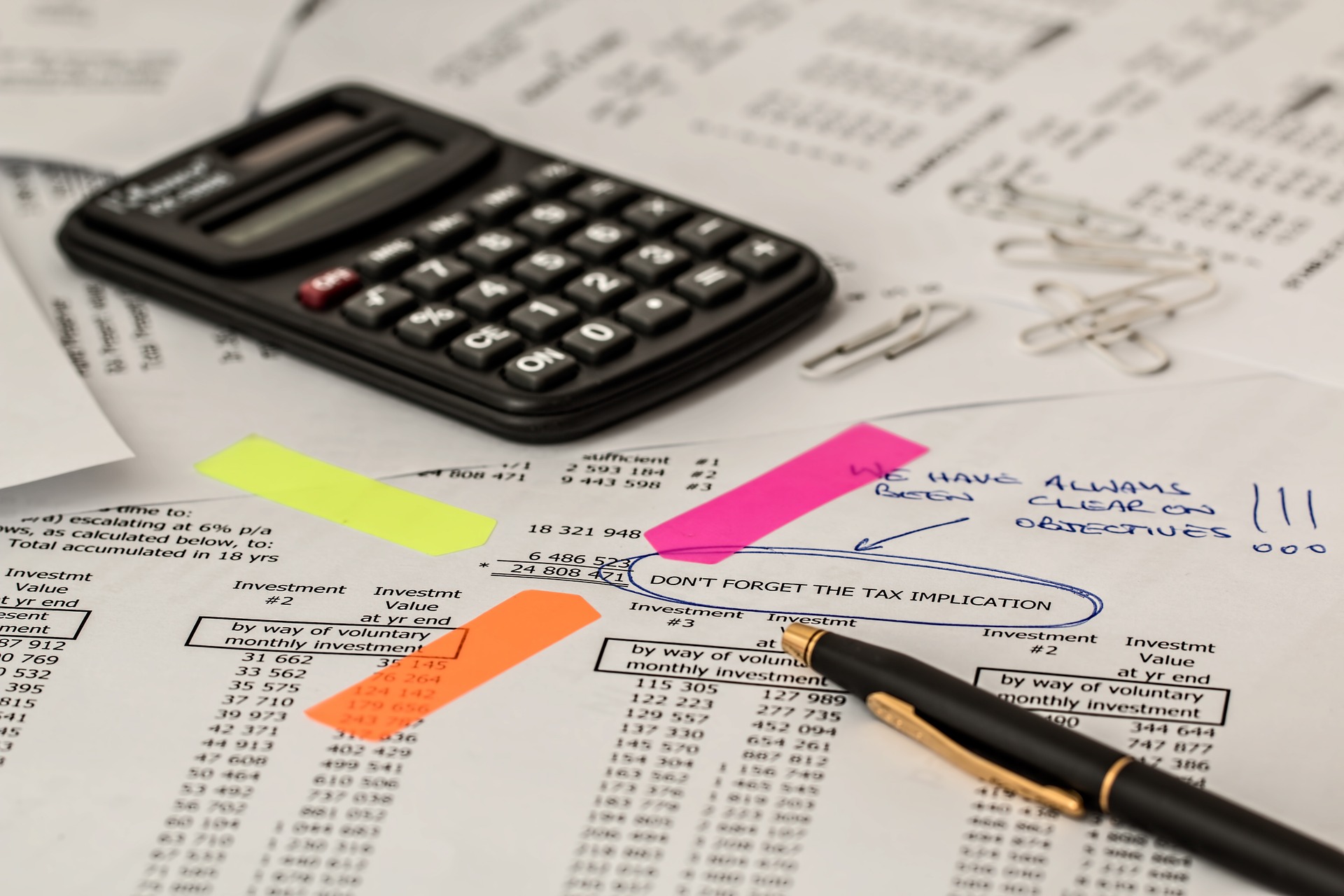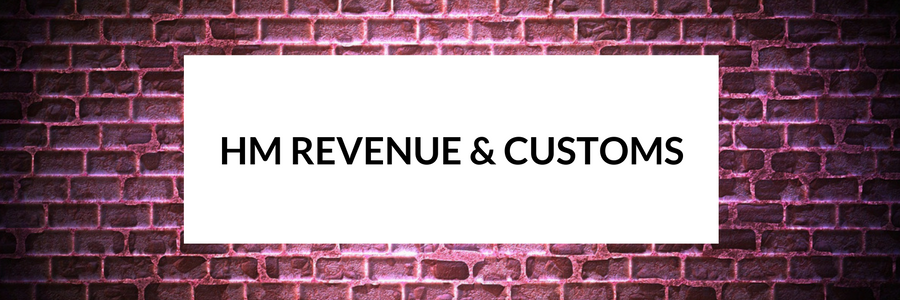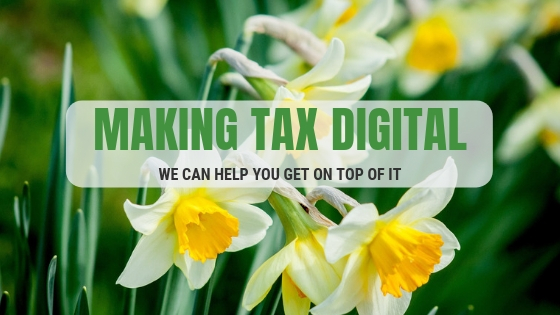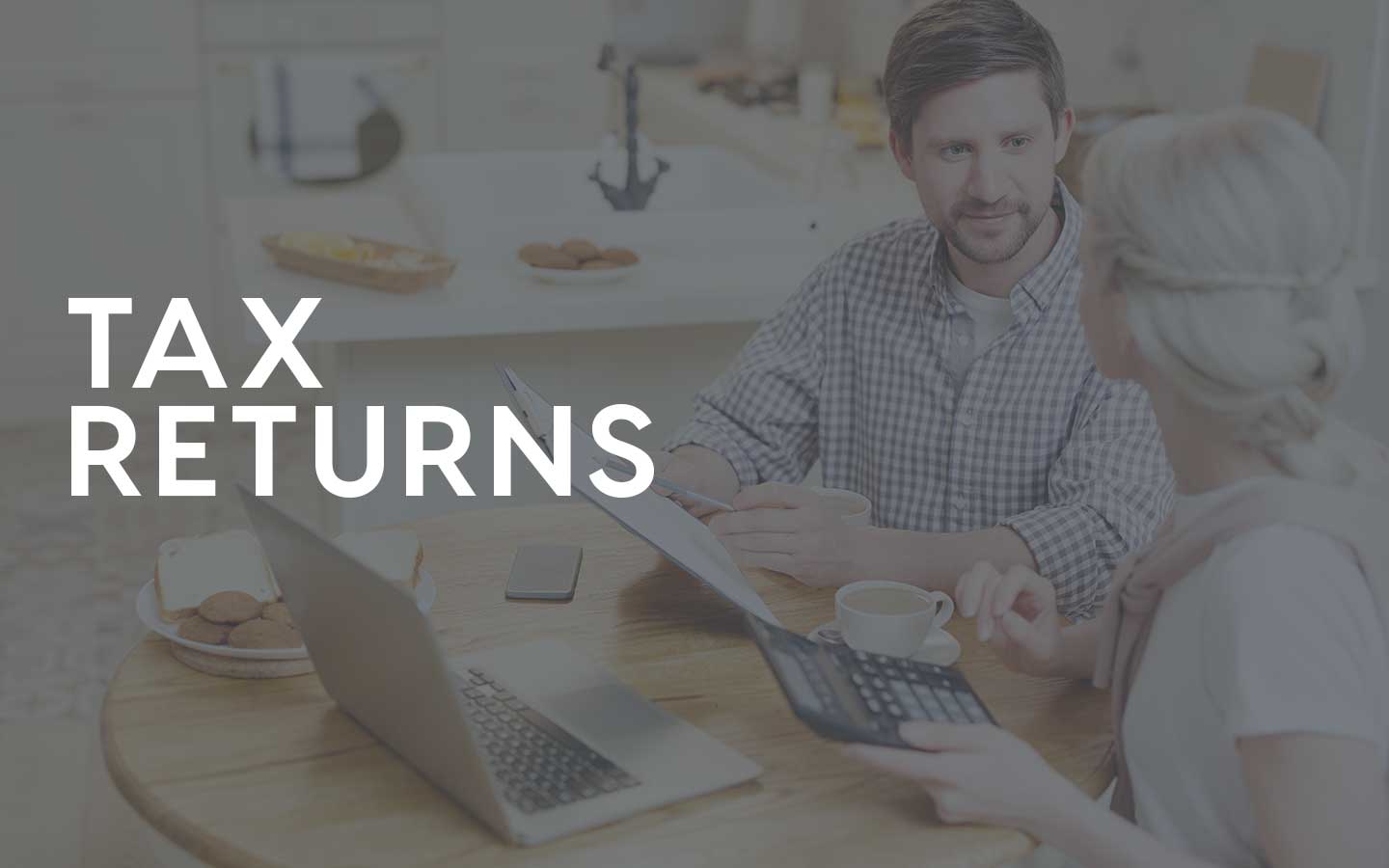
As a freelancer since 2000, Sam Cann jokes that he has had “19 happy years of tax returns”. He is one of 11.5 million people who filed a self-assessment tax return in the UK last year, and is already preparing for this year’s return ahead of the 31st January deadline.
Who needs to file?
Employees of a company usually have their earnings deducted automatically from their pay package, so do not need to file a self-assessment tax return.
However, sole traders and self-employed people earning more than £1,000, as well as those in business partnerships, need to file a return every year.
The following people may also need to file a return:
- Anyone earning untaxed income over a certain threshold, such as money from: renting out a property; tips or commission; income from savings; investments and dividends; foreign income
- People earning more than £50,000 who receive child benefit
HMRC has developed a tool so people can check whether they need to send a return.
How to file
Once you know that you do need to send a return, the first thing to do is register for self-assessment with HMRC. You will receive a Unique Taxpayer Reference (UTR) in 10 working days.
Once you have your UTR, you need to sign up to file your tax return online. You’ll get an activation code in the post within seven working days of signing up.
Should I Keep records?
During the year, keep a record of all of your income, as well as anything you spend that is related to your business. Those expenses can then be deducted from your total income for the year, to calculate how much profit you have made, as you only need to pay tax on your profits.
Allowable expenses include:
- Office costs, such as stationery or phone bills
- Travel costs, such as fuel, parking, train or bus fares
- Things you buy to sell on, such as stock or raw materials
- The costs of your business premises. If you work from home, decide what proportion of your home you use for work, and you can claim that proportion of your bills as an allowable expense
James keeps a record of his expenses month by month, and every job he has been paid for that year. “Often I have to cross check it with employers, so I’ll send them an email a few months ahead of time to get a figure. And those are the main things I do to prepare for it.”
He says one of the things he finds most annoying is having to tot up small amounts of interest he has earned on different bank accounts. “I find that really fiddly.” Some banks, including Starling, provide a statement for the year clearly detailing all interest paid in that tax year.
Do you need an accountant?
He has not used an accountant in all his years of freelancing. “I’ve found it reasonably straightforward to do my tax return on my own,” he says. “Perhaps I don’t claim for as much as people who have an accountant do.”
Some people use an accountant for their first year of self-assessment, in order to gain confidence in filing a return. Those with more complex situations may choose to use an accountant to ensure they file correctly.
Some say the amount they save by using an accountant more than pays the accountant’s fees, which may come to around £150 plus VAT for self-assessment; or £90/month plus VAT for small businesses.
Teodora Dimitrova, an accountant with Chart Accountancy, which works primarily with contractors, freelancers and small businesses, suggests freelancers and sole traders who decide to use an accountant should appoint one as early as possible. “The accountant will give advice on the most tax-efficient set-up, making sure the [tax] reliefs available are claimed.”
She highlights some of the areas freelancers need to take extra care in and issues they need to note:
- If you are a higher-rate taxpayer you can claim relief for pension contributions
- Spouses can transfer unused personal tax allowances
- The interest on any PPI compensation is taxable
- Those earning over £50,000 could retain their right to Child Benefit by making higher pension contributions, or donations to charity with Gift Aid
- Only 50% of finance costs for residential properties earning rental income are now available for tax deduction
Using accounting software
The government’s Making Tax Digital scheme requires VAT-registered small businesses and sole traders to keep digital records and use software – such as FreeAgent and Xero, which are available through online & offline accounts – to submit their VAT returns. The scheme may be extended to cover income tax in April 2021. Sam says accounting software is useful, even for businesses that are not currently required to use it by law. That is because it gives business owners the ability to calculate in real-time their profits and tax bills. And it gives their accountants the ability to ensure that clients are updating their book-keeping records regularly.
How to Pay your tax return?
It is important to ensure you save money during the year to pay your tax bill, particularly as the first payment is due by the 31st January when money can be tight.
The first year you pay your self-assessment tax bill, you will be paying tax on the previous year’s earnings, plus half that amount again. That will go towards next year’s tax bill and is known as a “payment on account”. The second payment on account is due on 31st July.
The idea is that in your second year of self-assessment, you will already have paid the majority of your tax on that year’s earnings by January 31st. Then you only need to pay any remaining tax for the previous tax year – known as a “balancing payment” – and the first “payment on account” for the following year.
